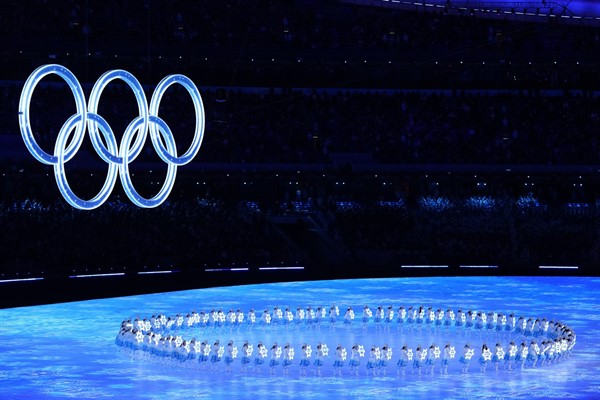This year’s Winter Olympics, which got underway in China on Friday, offer a fascinating prism through which to view the current geopolitical landscape, as well as to contrast it on multiple levels with the recent and more distant past.
Most immediately, this year’s affair offers a benchmark against which to measure China’s advances in power and influence since the last time it hosted the Games just 14 years ago. The 2008 Summer Games were in many ways China’s “coming out party,” a chance to demonstrate its domestic transformation and modernized infrastructure to a global audience that still largely saw it as a low-skilled factory to the world.
Since then, the country has gone from being a rising power to one that has in many ways arrived. Its building boom has gone global in the form of its Belt and Road Initiative, creating an expanding network of Chinese-built infrastructure throughout Asia, Africa and even Europe. And it now rivals the U.S. and other developed economies in the cutting-edge advanced technologies that will shape the future.

